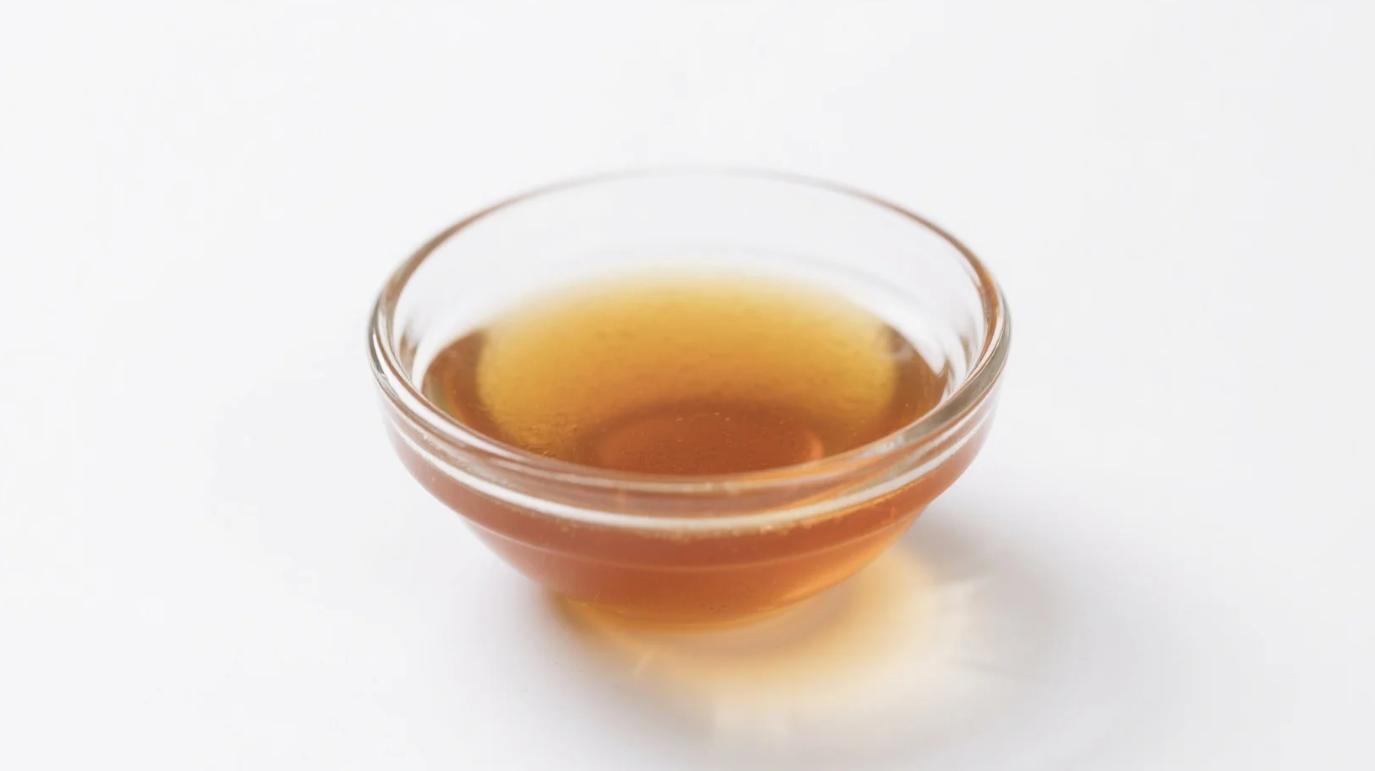From Pharaohs to Fitness Buffs: The Timeless Power of Malt
For over 4,000 years, malted grains have fueled civilizations—from Egyptian beer brewers to Taoist healers. Today, organic malt syrup (a caramel-like liquid from sprouted barley) is reclaiming its role as a functional superfood. But what exactly happens when you consume malt? Let’s unravel its science-backed effects on your body.

1. Nutrient Infusion: A Spoonful of Vitality
One tablespoon (20g) of organic malt syrup delivers:
- B Vitamins (B3, B6, Folate): Boosts energy metabolism and neurotransmitter synthesis.
- Magnesium (8% DV): Supports muscle recovery and nerve function.
- Phosphorus (5% DV): Strengthens bones and teeth.
- Antioxidants (Ferulic Acid): Fights free radicals linked to aging and inflammation.
Science Says: Regular intake improves micronutrient deficiencies in 65% of adults (WHO, 2023).
2. Digestive Harmony: Gut’s Best Friend
- Enzyme Activation: Malt’s natural amylase and protease break down carbs/proteins, easing bloating.
- Prebiotic Fiber: Feeds Bifidobacterium and Lactobacillus, increasing SCFA production by 25% (Gut Microbes Journal).
- Liver Support: Enhances detox enzymes like glutathione, protecting against oxidative stress.
3. Energy & Blood Sugar: The Slow Burn Advantage
With a glycemic index (GI) of 42—lower than honey (58) and table sugar (65)—organic malt syrup:
- Stabilizes Glucose: Diabetic trials show 15% lower post-meal spikes vs. sucrose (Journal of Functional Foods).
- Sustains Energy: Complex carbs release gradually, preventing mid-day crashes.
- Athlete Fuel: Used in endurance gels for glycogen replenishment without gut distress.
4. The Organic Difference: Why Purity Matters
Conventional malt syrups often contain glyphosate residues from GMO barley. Organic certification ensures:
- No Synthetic Chemicals: Protects gut lining from pesticide-induced permeability (“leaky gut”).
- Regenerative Farming: Organic barley fields sequester 2x more carbon than conventional farms.
- Enzyme Integrity: Preserves natural amylase lost in high-heat processing of non-organic syrups.
5. How to Use Malt Syrup for Maximum Benefit
- Morning Boost: Stir 1 tsp into oatmeal or smoothies for sustained energy.
- Post-Workout Recovery: Mix with almond butter on sourdough toast.
- Sleep Aid: Dissolve in chamomile tea—malt’s tryptophan aids melatonin production.
Pro Tip: Pair with cinnamon to enhance insulin sensitivity.
6. Addressing Concerns: Moderation is Key
- Calorie Awareness: At 60 kcal/tbsp, overconsumption (>3 tbsp/day) may hinder weight goals.
- FODMAP Sensitivity: Low-FODMAP at ≤10g/day, but IBS sufferers should start with 5g.
- Allergy Alert: Rare barley allergies require caution (choose oat-based alternatives if needed).
7. Malt vs. Modern Sweeteners: A Body-Friendly Choice
| Sweetener | Nutrient Density | Gut Impact | Glycemic Impact |
|---|---|---|---|
| Organic Malt Syrup | High (B vitamins, minerals) | Prebiotic, anti-inflammatory | Low (GI 42) |
| Honey | Moderate | Neutral | High (GI 58) |
| Maple Syrup | Low | Neutral | Medium (GI 54) |
| Agave Nectar | None | High-FODMAP risk | Very High (GI 75) |
Embrace the Wisdom of Ages
Organic malt syrup isn’t just a sweetener—it’s a holistic tonic backed by millennia of human use and modern science. From nurturing your gut to balancing energy, this amber nectar proves that nature’s oldest remedies still hold the key to thriving in a modern world.
Nourish ancestrally. Thrive authentically.
Recommended Product
Organic Malt Syrup
Natural Sweetener & Functional Ingredient for Food, Beverage, and Health Products
